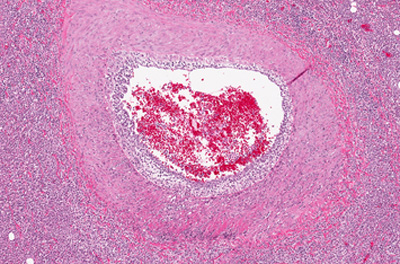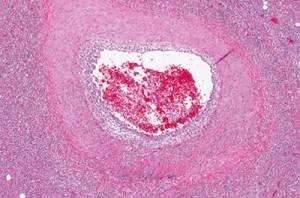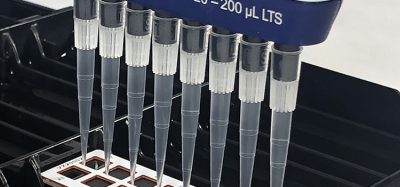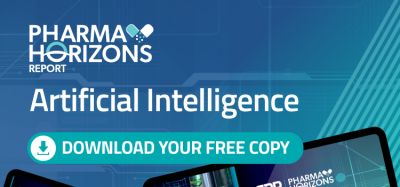Phase III study of sirukumab in giant cell arteritis starts
Posted: 27 November 2015 | | No comments yet
Sirukumab is an investigational human anti-IL-6 monoclonal antibody that selectively binds with high affinity to the IL-6 cytokine…


Dosing has commenced in a Phase III study evaluating GSK’s sirukumab, a human anti-interleukin (IL)-6 monoclonal antibody, for the treatment of patients with giant cell arteritis (GCA).


GCA is a type of vasculitis which results in inflammation of large and medium-sized arteries. Patients typically experience severe headache, visual loss, jaw and muscular pain and may be at risk of permanent sight loss if not treated promptly. The mainstay of treatment is with high doses of steroids to rapidly reduce the inflammation and prevent sight loss. In order to minimise side effects that can occur with high doses and long term use, steroids are tapered after remission to lower maintenance doses. However, disease relapse is common during steroid taper and remission with steroids is often followed by subsequent relapse requiring repeat high dose treatment. As a result over 70% of patients experience significant side effects from steroids such as osteoporosis, cataract, hypertension and type 2 diabetes mellitus.
Study will evaluate if sirukumab can reduce duration of steroid treatment
Sirukumab is an investigational human anti-IL-6 monoclonal antibody that selectively binds with high affinity to the IL-6 cytokine, a naturally occurring protein that is believed to play a role in autoimmune conditions.
The Phase III study will evaluate the efficacy and safety of two subcutaneous doses of sirukumab (100mg every two weeks and 50mg every four weeks) with a pre-specified tapering dose of prednisone for the treatment of GCA. This approach will specifically answer whether treatment with sirukumab can reduce the duration of steroid treatment typical in clinical practice. The study comprises two distinct parts: a 52 week double-blind treatment phase (Part A) and a 104 week long term extension phase (Part B). The primary endpoint of the study is the proportion of patients that achieve sustained remission.
Paul-Peter Tak, Senior Vice President, GSK Immuno-Inflammation R&D, said, “The use of high dose steroids to treat giant cell arteritis can cause severe side effects with prolonged use. Alternative treatments are required and we believe sirukumab could be an important option for patients with this disease. The start of our study with sirukumab for GCA, which is currently under investigation for rheumatoid arthritis, marks the progress we are making to apply our knowledge of the underlying cause of a variety of immune-mediated inflammatory diseases and explore the potential of our immuno-inflammation pipeline to treat multiple conditions.”








